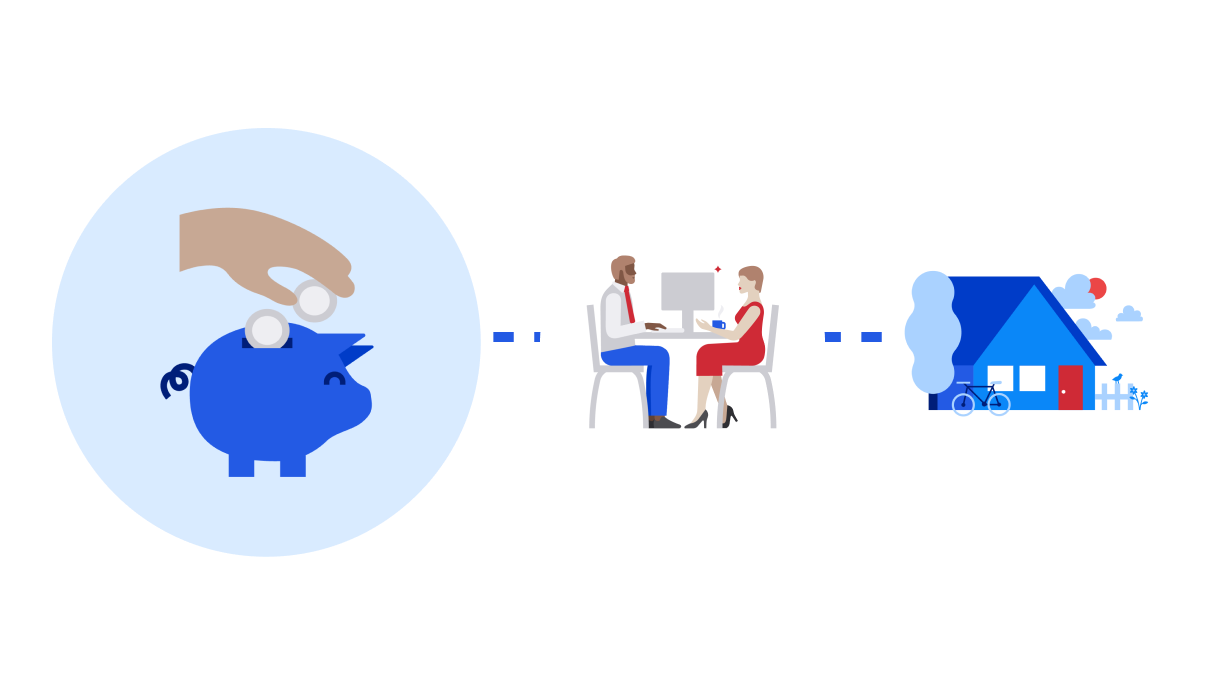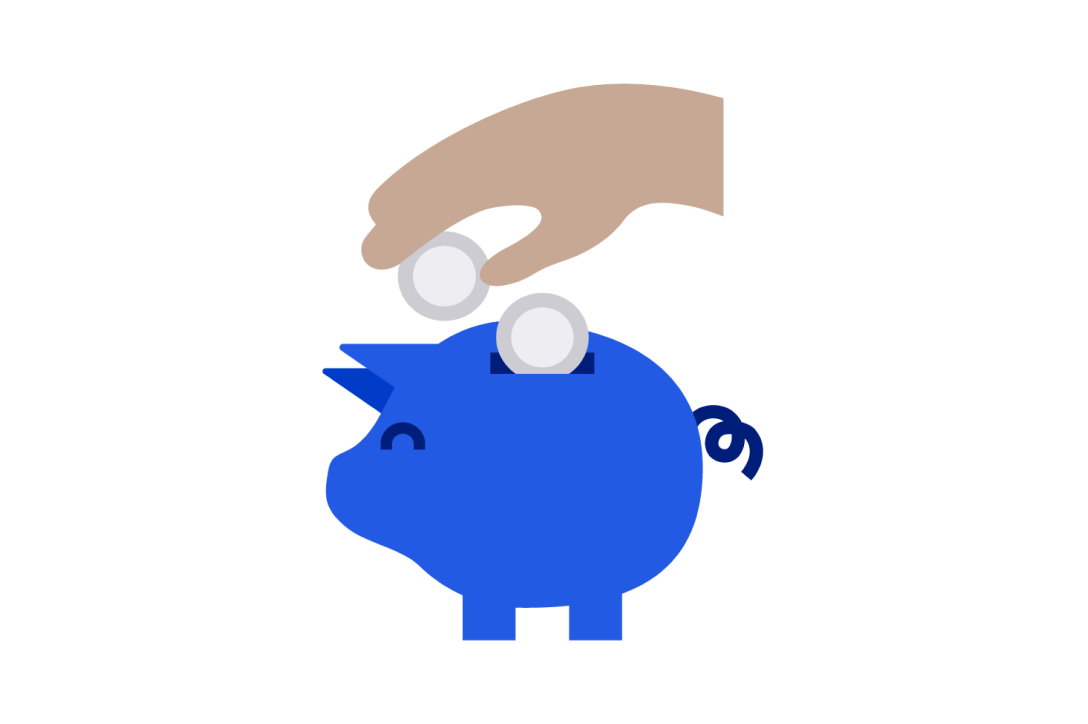Step 1: Prepare your finances to buy a home.
What do you like and dislike about renting? Would owning be better?
How much of a yard, if any, would you like?
Where do you want this home to be ?
Do you want a home that’s move-in ready or are you okay with a place that needs some work?
Will you do your own home and yard maintenance or would you rather someone else handle it?
Are you okay with sharing walls or would you prefer a single-family space?
What do you like and dislike about renting? Would owning be better?
Where do you want this home to be ?
Will you do your own home and yard maintenance or would you rather someone else handle it?
How much of a yard, if any, would you like?
Do you want a home that’s move-in ready or are you okay with a place that needs some work?
Are you okay with sharing walls or would you prefer a single-family space?







